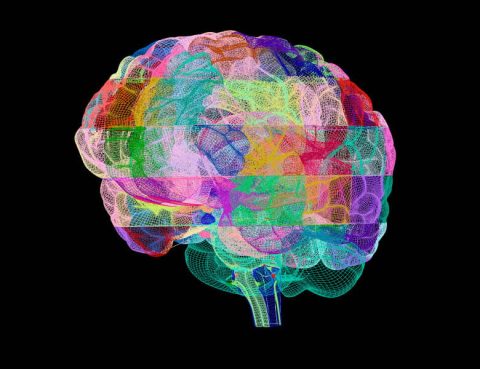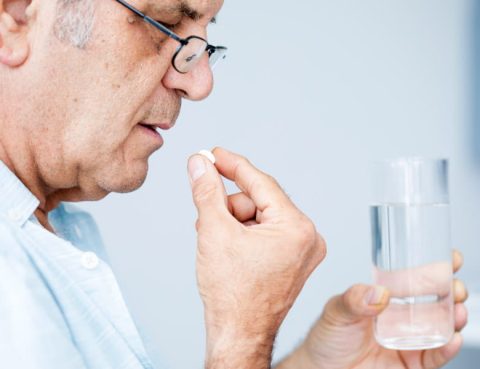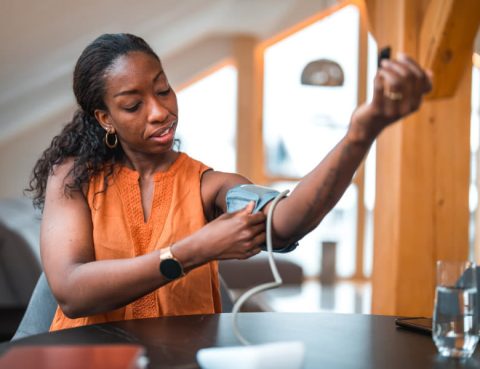Dr. William Montague Cobb speaks at Beth Israel Hospital in Boston. (Photo courtesy of Beth Israel Lahey Health) During an era of discrimination and segregation, Dr. William Montague Cobb fought racism with science. Cobb was a doctor, an anthropologist, a teacher, an author, an editor, a crusader for civil rights, and so much more. “It’s…
(FG Trade Latin/E+ via Getty Images) On Super Bowl Sunday, you look forward to watching your favorite NFL team raise the championship trophy. All fun and games until the clock runs out, and the score leaves you feeling angry, blue or disappointed. For sports fans, watching their team lose the Super Bowl can generate quite…
(Bill Hinton Photography/Moment Open via Getty Images) The room buzzes with activity as a team of nurses races against the clock. But instead of working to manage a medical crisis, they’re playing a game that involves tinkering with jigsaw puzzles, black lights and locks to solve medical mysteries. It’s all part of an escape room…
(Rudzhan Nagiev/iStock via Getty Images) Having a stroke may triple a person’s risk for developing dementia within the following year, new research finds. And while that risk begins to drop after the first 12 months, it remains elevated for up to 20 years, according to findings to be presented next week at the American Stroke…
(Science Photo Library – PASIEKA/Brand X Pictures via Getty Images) What looks and feels like a stroke sometimes isn’t. Instead, sudden weakness, difficulty speaking, vision changes, dizziness and other symptoms of a stroke might be caused by something else – a stroke mimic. Conditions that mirror a stroke include seizure, migraine, psychiatric disorders, brain tumors,…
(seb_ra/iStock via Getty Images) Most stroke survivors may be able to safely take commonly prescribed antidepressants to aid in their recovery, according to new research that could allay concerns over abnormal bleeding risks associated with these drugs. People with clot-caused strokes, or ischemic strokes, who took selective serotonin reuptake inhibitors, or SSRIs, and/or serotonin and…
(AzmanL/E+ via Getty Images) Black women treated for high blood pressure in their 30s and 40s may face a substantially higher risk for having a stroke than their peers without a history of high blood pressure treatment, new research suggests. The findings showed Black women under 35 who were treated for high blood pressure, also…






